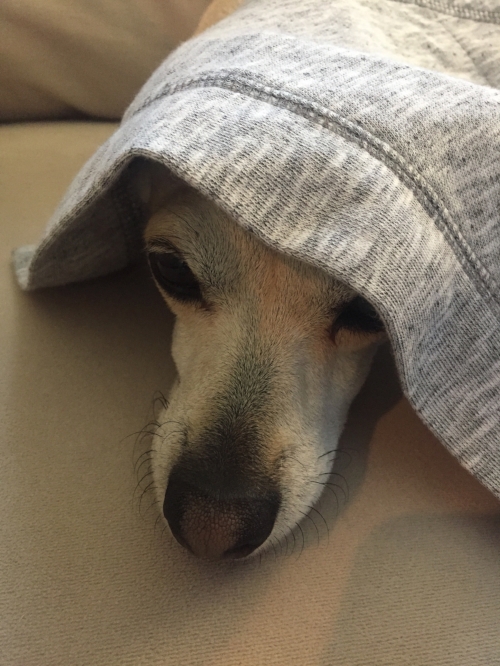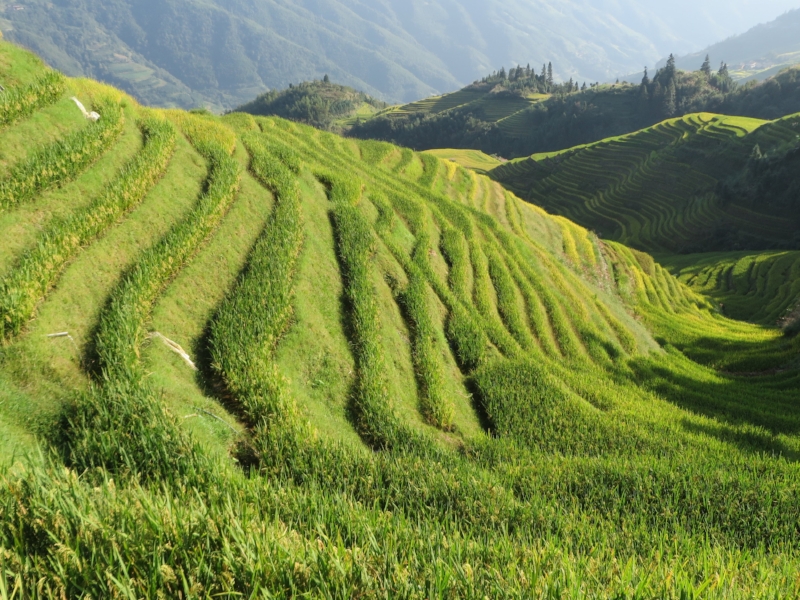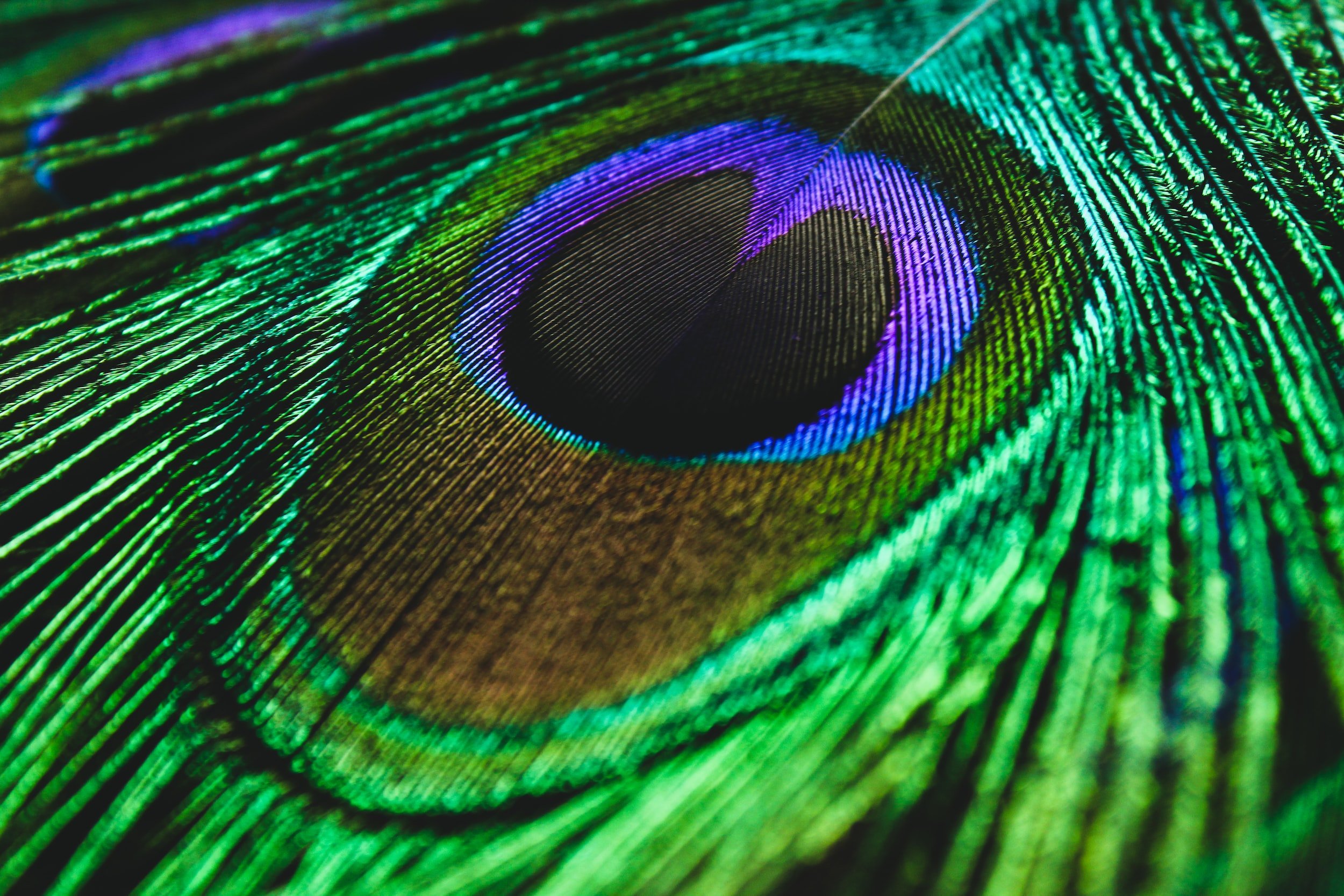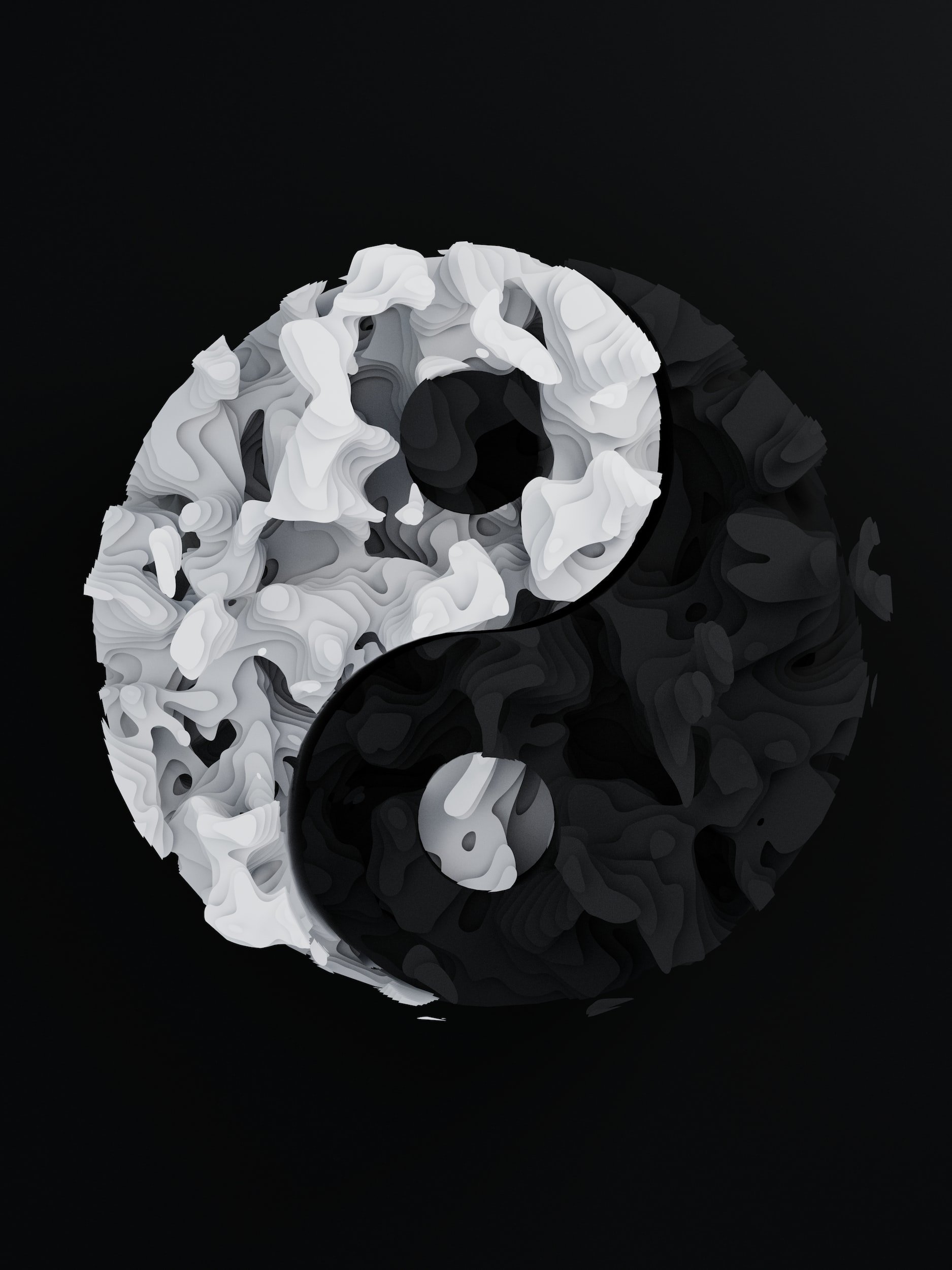by Setareh Moafi, Ph.D., L.Ac.
A few nights before the full moon, I woke up at 1:30 am and after tossing and turning for a while, I simply couldn’t get back to sleep. I finally got up and went to our guest room to do a meditation. At first this settled me quite a bit but within several minutes I felt stricken with a tightness in my chest, difficulty breathing and tension throughout my body.
The anxiety I felt was something I’d never experienced before, and it literally took every tool in my toolbox to get my heart to settle so I could finally go back to sleep.
I woke up exhausted early Monday morning and walked into the kitchen as Salvador read an article aloud about the massacre in Las Vegas. Like most people, I was initially just shocked. But as the reality set in and I read—and bawled over—story after story about the victims, the heroes and their families, a deep sense of grief took over.
Salvador pointed out later that day that there may be a connection between the way I’d been feeling the prior night and the incident. I felt the truth in this right away.
Even though I didn't personally know anyone involved in the Las Vegas shootings, I felt a deep sense of compassion and empathy for all involved.
The human interconnection is something we all participate in and yet we seem to have lost sight of it lately trying to fit into a race, a gender, a religion, a political party, a certain way of thinking.
These classifications create a broken nation, a divided world in which brothers and sisters turn against each other and we forget how deeply connected we all are.
But in moments like this, when fear strikes and lives are lost, we realize when other humans suffer, each of us suffer on some level.
Now more than ever, our greatest task is to preserve our health so that we can ultimately begin the healing that the world so desperately needs.
How Trauma Impacts Our Health from a Chinese Medical Point of View
All of us feel the same emotions. These emotions are one of our many common threads as human beings, though we may each process what we feel differently.
Li Dong-yuan, founder of the Earth School in Chinese Medicine, focused on what he referred to as the “five thieves,” or the emotions of joy, anger, sorrow, pensiveness, and fright, any of which in excess become pathological.
All of the emotions that Li Dong-yuan mentioned are excessive emotions that can cause pathology to develop in the body. For example, the Earth attribute of yi, or the mind, which is associated with the Spleen and Stomach, has a tendency to worry or become pensive. Nei Jing Su Wen, an important classical Chinese medical text, stated: “Pensiveness harms the spleen” (Unschuld, 2011, 207). If pensiveness is not properly transformed, it leads to obsession. The attribute of the Heart is known as the spirit, or shen. Over-joy, which includes excessive desires and passions, can overwhelm the Heart and disrupt the shen, since the Heart is the organ that manages joy. Over-joy can transform into anxiety and eventually mania.
According to Chinese Medicine, emotions are merely the movement of qi, or energy, directed by a certain organ, but excessive or repressed emotions have pathological consequences.
Trauma shocks the entire system, and eventually sets into the internal organ system.
Trauma initially strikes our Kidneys with fear and fright, affecting our adrenal glands, our willpower, and even our faith.
Our Hearts are also affected and since the spirit resides in the Heart from a Chinese Medicine perspective, the spirit suffers as well. We may lose sleep, becoming restless and anxious.
Grief impacts our Lungs and the resulting weakness can cause shortness of breath, coughing, depression and even infections such as pneumonia. Weak Lungs also affect our ability to let go, which is a virtue of the Lungs.
Anger fires up our Liver causing irritability and even affecting the body’s detoxification and digestive processes, which then impacts our ability to assimilate both our food and thoughts.
Trauma can also stir up Wind as a form of resistance to change. (See more about Wind as a challenge to healing in this article)
What You Can Do to Help Yourself
Stress impacts the body and mind on so many levels and tragic events activate our stress response - whether we watch the news, read the paper or hear about it from a friend or family member.
This does not mean you should tune out entirely to protect your health, but it's important not to lose yourself in world events. When it feels like too much, do something nourishing. Cook a warm meal, call up a good friend, or go out and spend time in nature. It's crucial that you learn to consistently take care of yourself.
Self-cultivation and self-care are the only things we can control and the most important way to make a difference in what seems like a wounded, frightening world.
To do this, we have to take more time alone. Take time to sit quietly, to feel the anger, sadness, fear, hopelessness. As the feelings move through you, you can let them go.
Retreating also allows us to nourish the blood to help open the orifices and eventually make changes in our perception.
Solitude provides space and time to fully process our emotions so we can start to see things more clearly with a greater sense of compassion and less fear. Time alone is important to help the energy of the Heart move back down into the Kidneys so that we feel purposeful and clear. This then calms and pacifies the Wind that stirs us up internally with the changes so that we no longer have the nervousness that prevents us from facing the world and the issues.
Wearing stones such as Amethyst, Moonstone and Amber help calm the Shen, or spirit, to calm the mind and Heart. Herbs such as biota seeds and jujube seeds help to nourish the Heart. Nourishing the heart means being good to yourself, being kind to yourself and also being kind to the world so that you can develop a greater sense of compassion.
When we’re healthy and compassionate, we act from a place of love, which allows us to be more available to support others who aren’t as strong or who are going through a difficult time.
Once you calm your Shen and nourish your Heart, you begin to open the orifices to change your perception of the world.
As we change inside our bodies, the Yang of the Kidneys will support us to move through the difficult changes in our lives. Pacifying Wind through calming practices helps settle the Yang to have the courage to make change.
Only when we’re healthy and empowered can we truly make a difference. As Martin Luther King, Jr. once said: "Darkness cannot drive out darkness; only light can do that. Hate cannot drive out hate; only love can do that.” The more love we cultivate within ourselves, the more this love ripples into the world.
Our fundamental emotions, arguably the only emotions, are fear and love. The opposite of love is fear, not hate. The only way back to love is through a change in the perception of the world and the eradication of all other emotions that represent fear.
The first step to make this change is to recognize what we actually feel. Only then can we move through these feelings and channel their energy toward making positive changes in the world.
Our teacher, 88th generation Daoist Master Jeffrey Yuen has said many times: "The consciousness that brought on the disease cannot be the same consciousness that brings about healing." This goes for our individual healing and for the healing of the world as a whole.
A Meditation to Support You
Many years ago, I developed the BEME Meditation, which stands for Body, Emotions, Mind and Environment. Becoming aware of each of these aspects builds a deeper consciousness that connects us to how we truly feel.
Mindfulness is a powerful tool to help us be more present, and can be profound to help settle the mind during difficult times. A calm mind becomes a clear mind and eventually provides the foundation for guiding the change that brings about healing.
You can practice this 10-minute meditation daily from the comfort of your home.
What You Can Do To Help Others
There are so many people who need our help right now. Here are a few ideas on what you can do for the victims and families affected by the recent tragedies:
Setareh Moafi, Ph.D., L.Ac. is Co-Owner and Director of A Center for Natural Healing in Santa Clara, California, a health and wellness clinic that specializes in Classical Chinese Medicine and Traditional Japanese Acupuncture. Dr. Moafi offers clinical services and transformational workshops that blend the ancient practices of Classical Chinese Medicine and Yoga. More information at www.setarehmoafi.com and www.acenterfornaturalhealing.com.











